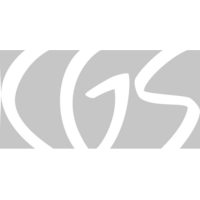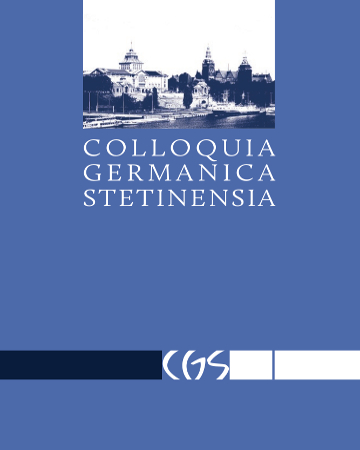







| Authors: |
Krzysztof
Matyjasik

Uniwersytet Jagielloński w Krakowie |
| Keywords: | polarization Polish society Polish presidential election German discourse on the presidential election in the year 2020 |
| Data publikacji całości: | 2021 |
| Page range: | 17 (167-183) |
| Downloads ?: | 474 |
| 1. | Bartoszewicz, Iwona. „Język polityki próba definicji“. In: Orbis Linguarum, hrsg. v. Eugeniusz Tomiczek, Bd. 5, 227–234. Legnica: Nauczycielskie Kolegium Języków Obcych, 1996. |
| 2. | Guttke, Matthias. Strategien der Persuasion in der schriftkonstituierten politischen Kommunikation. Dargestellt an Parteiprogrammen der Neuen Rechten in Polen. Frankfurt a. M.: Peter Lang, 2010. |
| 3. | Jakosz, Mariusz. Wartościowanie w internetowych komentarzach do artykułów prasowych dotyczących stosunków niemiecko-polskich. Próba analizy pragmalingwistycznej. Katowice: Wydawnictwo Uniwersytetu Śląskiego, 2016. |
| 4. | Mikołajczyk, Beata. Sprachliche Mechanismen der Persuasion in der politischen Kommunikation. Dargestellt an polnischen und deutschen Texten zum EU-Beitritt Polens. Frankfurt a. M.: Peter Lang, 2004. |
| 5. | Niehr, Thomas. Einführung in die Politolinguistik. Gegenstände und Methoden. Göttingen: Vandenhoeck & Ruprecht, 2014. |
| 6. | Nowak, Paweł. Swoi i Obcy w językowym obrazie świata. Język publicystyki polskiej z pierwszej połowy latach pięćdziesiątych. Lublin: Wydawnictwo Uniwersytetu Marii Curie-Skłodowskiej, 2002. |
| 7. | Sáfár, Éva. Persuasive Texte. Eine vergleichende Untersuchung sprachlicher Argumentationsstrategien. Frankfurt a. M.: Peter Lang, 2001. |
| 8. | Słownik rozwoju regionalnego, hrsg. v. Marek Kozak, Andrzej Pyszkowski, Robert Szewczyk. Warszawa: Polska Agencja Rozwoju Regionalnego, 1998. |
| 9. | Spitzmüller, Jürgen, Ingo H. Warnke. Diskurslinguistik. Eine Einführung in Theorien und Methoden der transtextuellen Sprachanalyse. Berlin: Walter de Gruyter, 2011. |
| 10. | Witosz, Bożena. Grundlagen der Textsortenlinguistik. Übers. v. Anna Hanus u. Iwona Szwed. Frankfurt a. M.: Peter Lang, 2015. |